Supercomputers essential to European growth
IDC tells the EU to allow wider access to high performance computing.
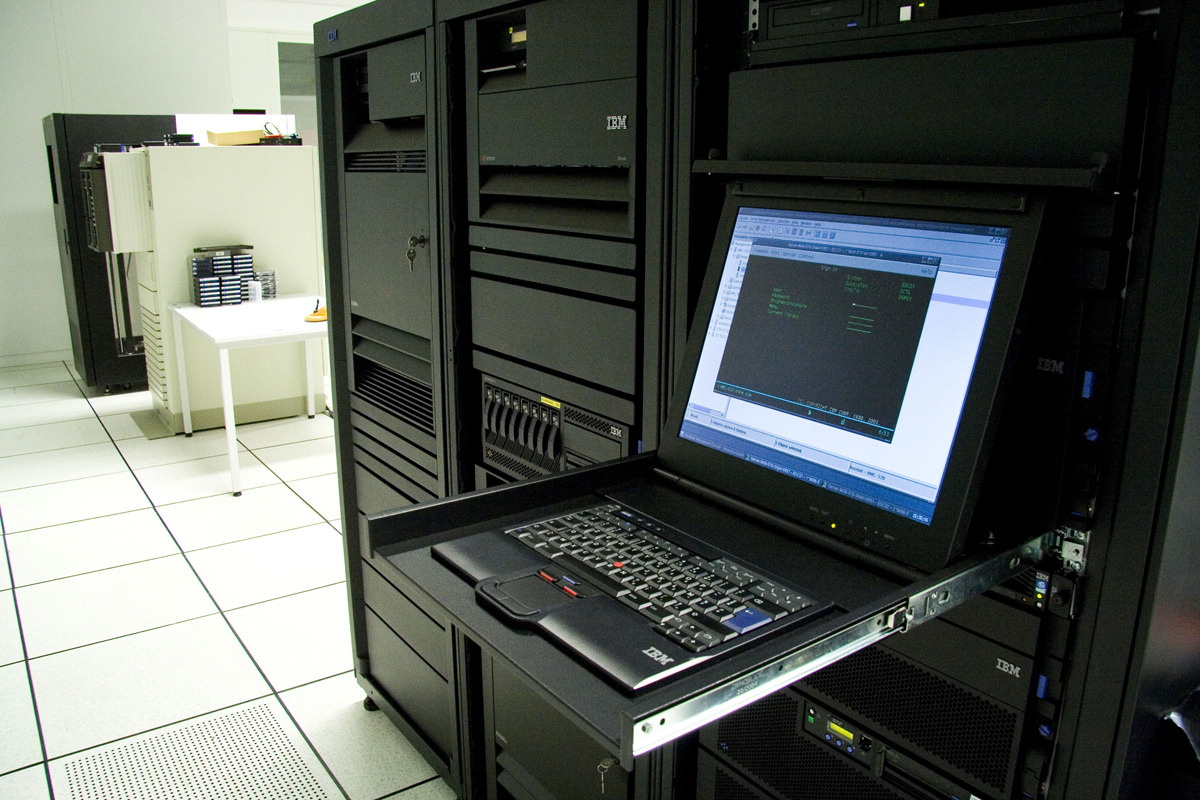
Sign up today and you will receive a free copy of our Future Focus 2025 report - the leading guidance on AI, cybersecurity and other IT challenges as per 700+ senior executives
You are now subscribed
Your newsletter sign-up was successful
European authorities are being advised to give smaller businesses better access to supercomputers, in order to boost Europe's ability to compete on the global stage.
In a study carried out for the European Commission by IDC, the IT industry research firm, analysts recommend that Europe should become a global centre of excellence for supercomputing applications.
The report advised the EC to step up its investment in high performance computing (HPC) through to 2020, to capitalise on the edge that EU companies have established in this market. IDC claimed that this scientific and industrial expertise could turn Europe into the world leader in specific disciplines.
The analyst company claimed that Europe is already strong in weather and climate research, clean and sustainable energy, automotive and aerospace design, bio-life sciences, and particle physics.
Europe is also well placed with cloud computing development and the modelling of new materials, as well as excelling in ultrahigh-performance (exascale) software applications and innovative hardware, the report found.
Earlier this year, IDC submitted an interim report that noted that Europe had fallen behind the rest of the world in HPC investments. From 2007 to 2009, its share of worldwide investment in HPC declined from 34 per cent to 25 per cent.
IDC underlined the importance of this because, in the past, it has found that HPC development is closely related to scientific and industrial competitiveness.
Sign up today and you will receive a free copy of our Future Focus 2025 report - the leading guidance on AI, cybersecurity and other IT challenges as per 700+ senior executives
The final report has recommended that the EU countries co-ordinate a programme of investment in HPC facilities and related technical skills and training. A pooling of resources would be essential because no individual European country alone could compete with the US, Japan and South Korea, IDC claimed.
This would necessitate improving SMB access to the supercomputers and the European skills base to begin using HPC in product development to remain competitive.
Earl Joseph, IDC's programme vice president for HPC, considered what will be required for success in 2020.
"The cost and complexity of the next generation of HPC systems mean that Europe must be selective in its investments," he said. "The proposed strategy exploits Europe's existing strengths, including advanced software development, and could help make Europe the world leader in areas that will be crucial for global economic competitiveness in the 21st century."
"A Strategic Agenda for European Leadership in Supercomputing: HPC 2020" was developed in collaboration with several supercomputing experts from Daresbury Laboratory in the UK, Teratec in France, and German companies Leibniz Rechenzentrum and Forschungszentrum Jlich.
-
 Trade groups claim EU’s Digital Networks Act risks “favoring the interests of outdated telecom monopolies”
Trade groups claim EU’s Digital Networks Act risks “favoring the interests of outdated telecom monopolies”News The European Commission has set out its proposals to boost the EU's connectivity, to some criticism from industry associations
-
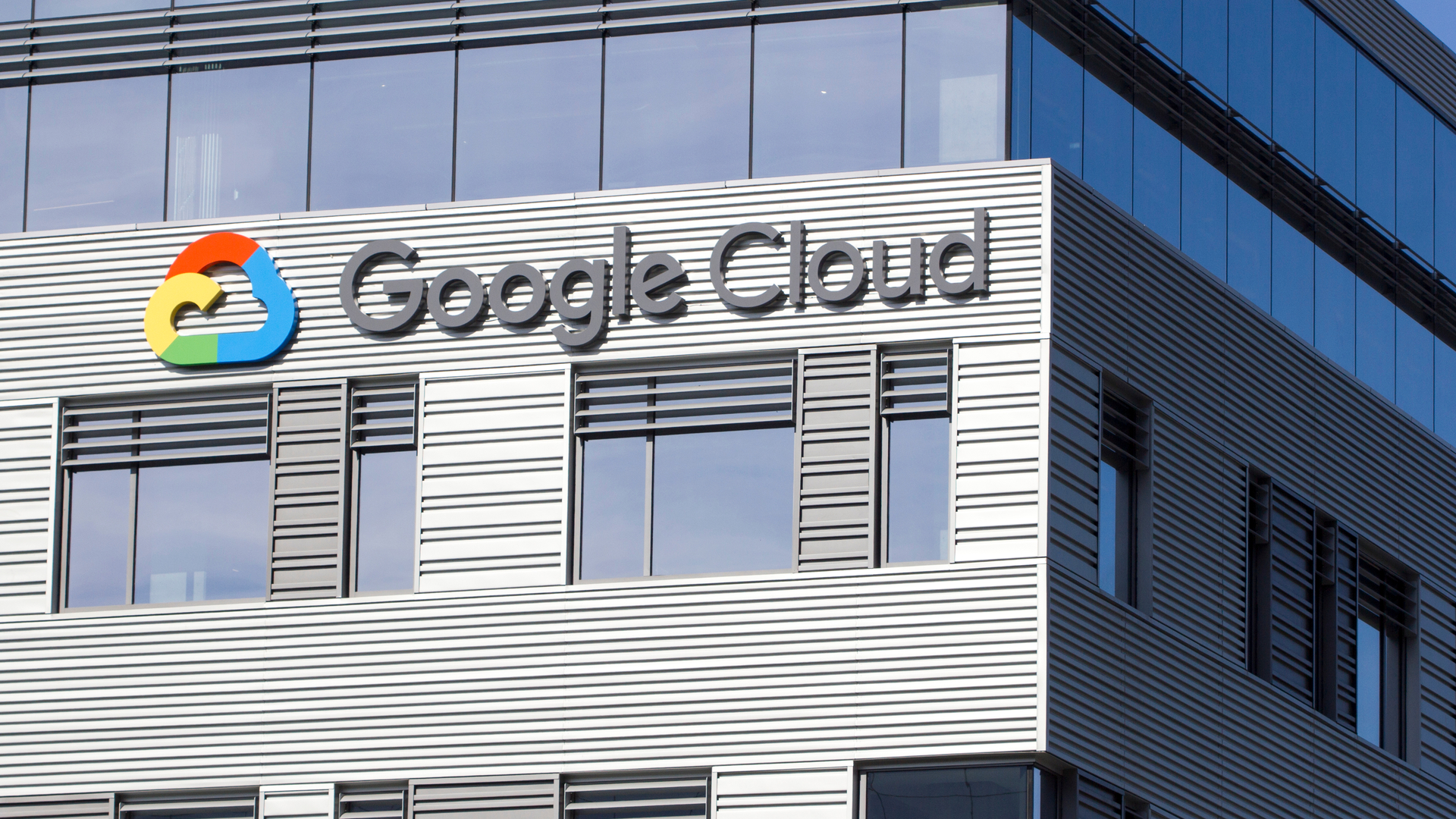 Google claims its AI chips are ‘faster, greener’ than Nvidia’s
Google claims its AI chips are ‘faster, greener’ than Nvidia’sNews Google's TPU has already been used to train AI and run data centres, but hasn't lined up against Nvidia's H100
-
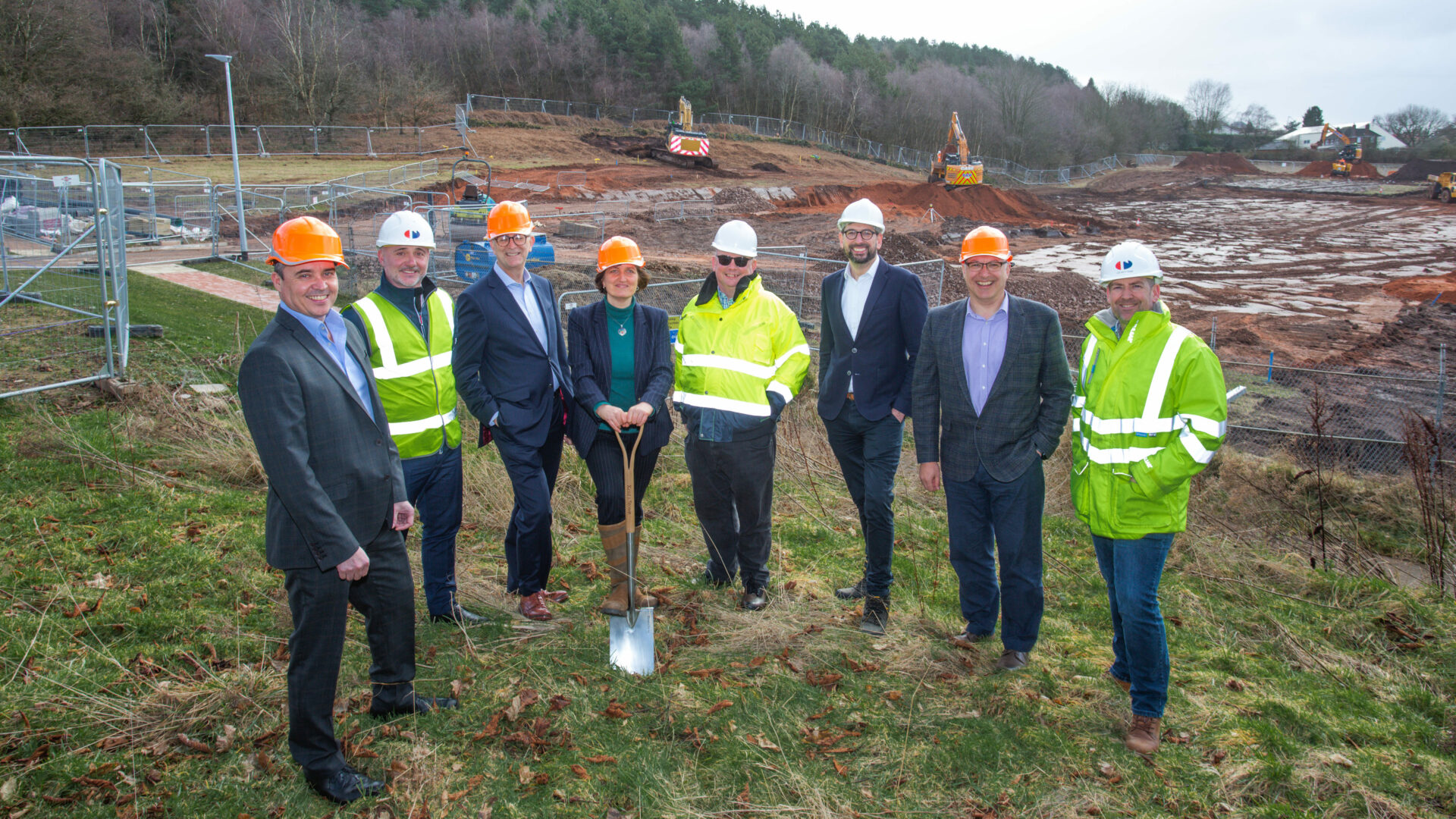 £30 million IBM-linked supercomputer centre coming to North West England
£30 million IBM-linked supercomputer centre coming to North West EnglandNews Once operational, the Hartree supercomputer will be available to businesses “of all sizes”
-
 How quantum computing can fight climate change
How quantum computing can fight climate changeIn-depth Quantum computers could help unpick the challenges of climate change and offer solutions with real impact – but we can’t wait for their arrival
-
 “Botched government procurement” leads to £24 million Atos settlement
“Botched government procurement” leads to £24 million Atos settlementNews Labour has accused the Conservative government of using taxpayers’ money to pay for their own mistakes
-
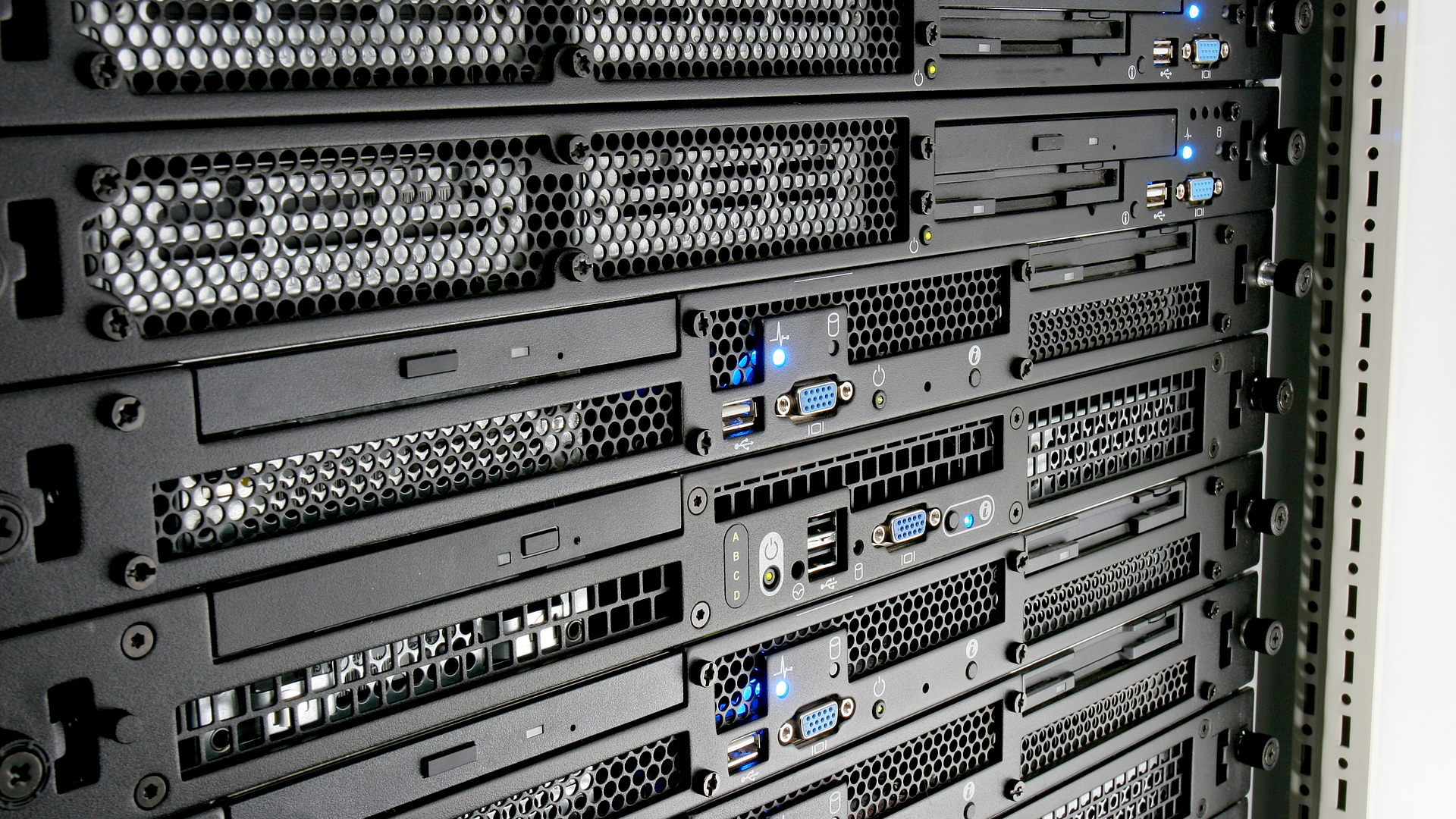 Dell unveils four new PowerEdge servers with AMD EPYC processors
Dell unveils four new PowerEdge servers with AMD EPYC processorsNews The company claimed that customers can expect a 121% performance improvement
-
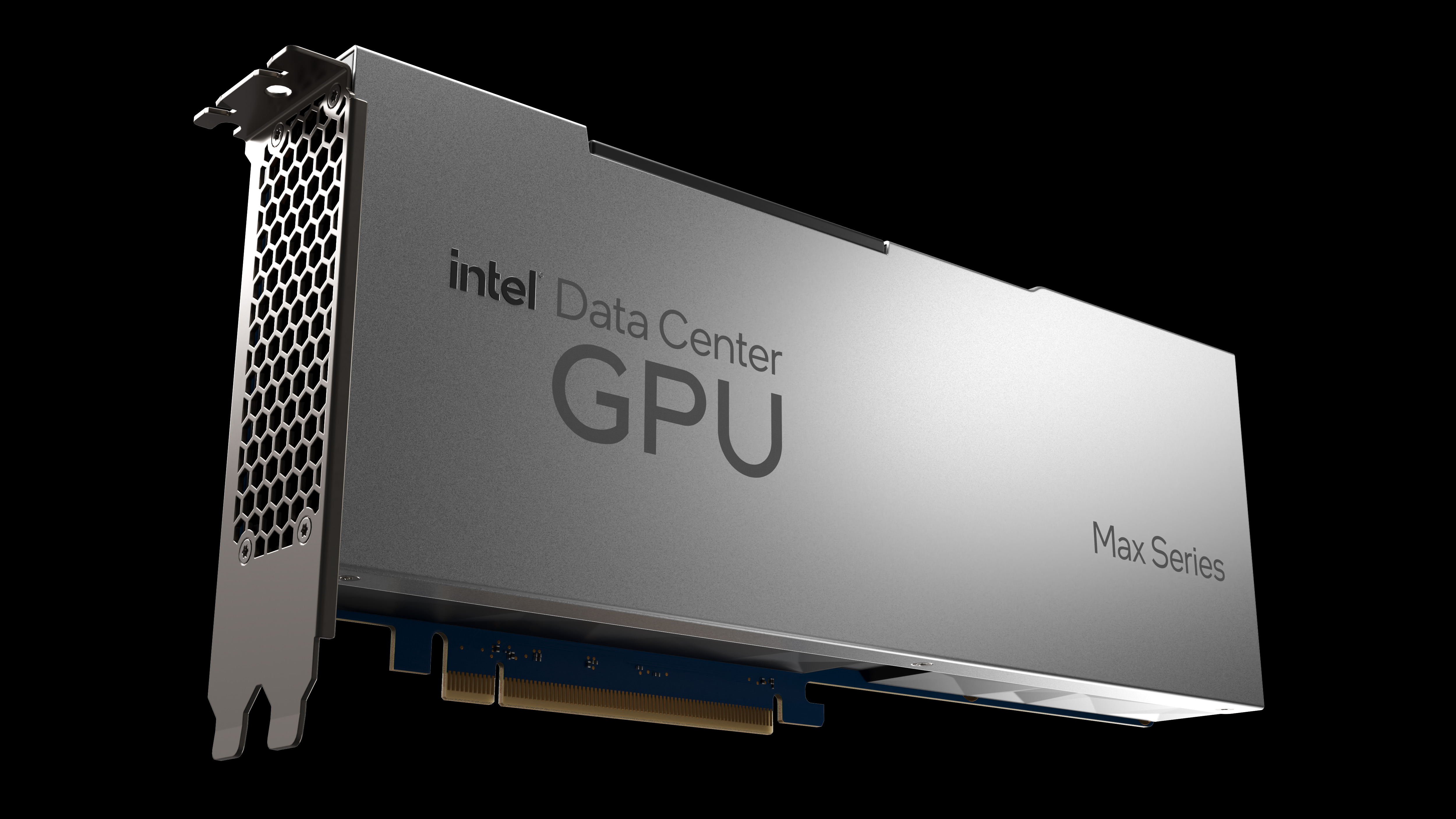 Intel unveils Max Series chip family designed for high performance computing
Intel unveils Max Series chip family designed for high performance computingNews The chip company claims its new CPU offers 4.8x better performance on HPC workloads
-
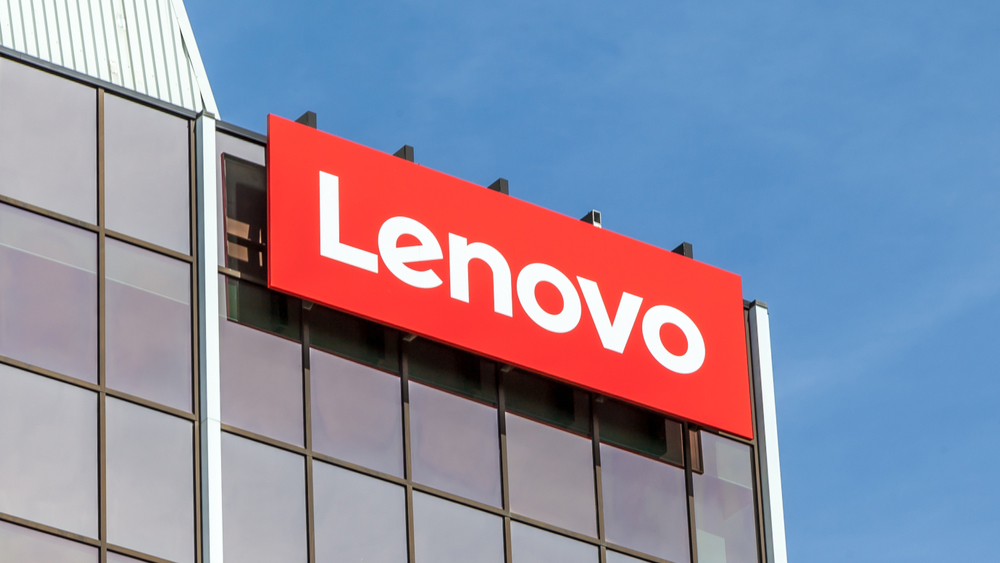 Lenovo unveils Infrastructure Solutions V3 portfolio for 30th anniversary
Lenovo unveils Infrastructure Solutions V3 portfolio for 30th anniversaryNews Chinese computing giant launches more than 50 new products for ThinkSystem server portfolio

